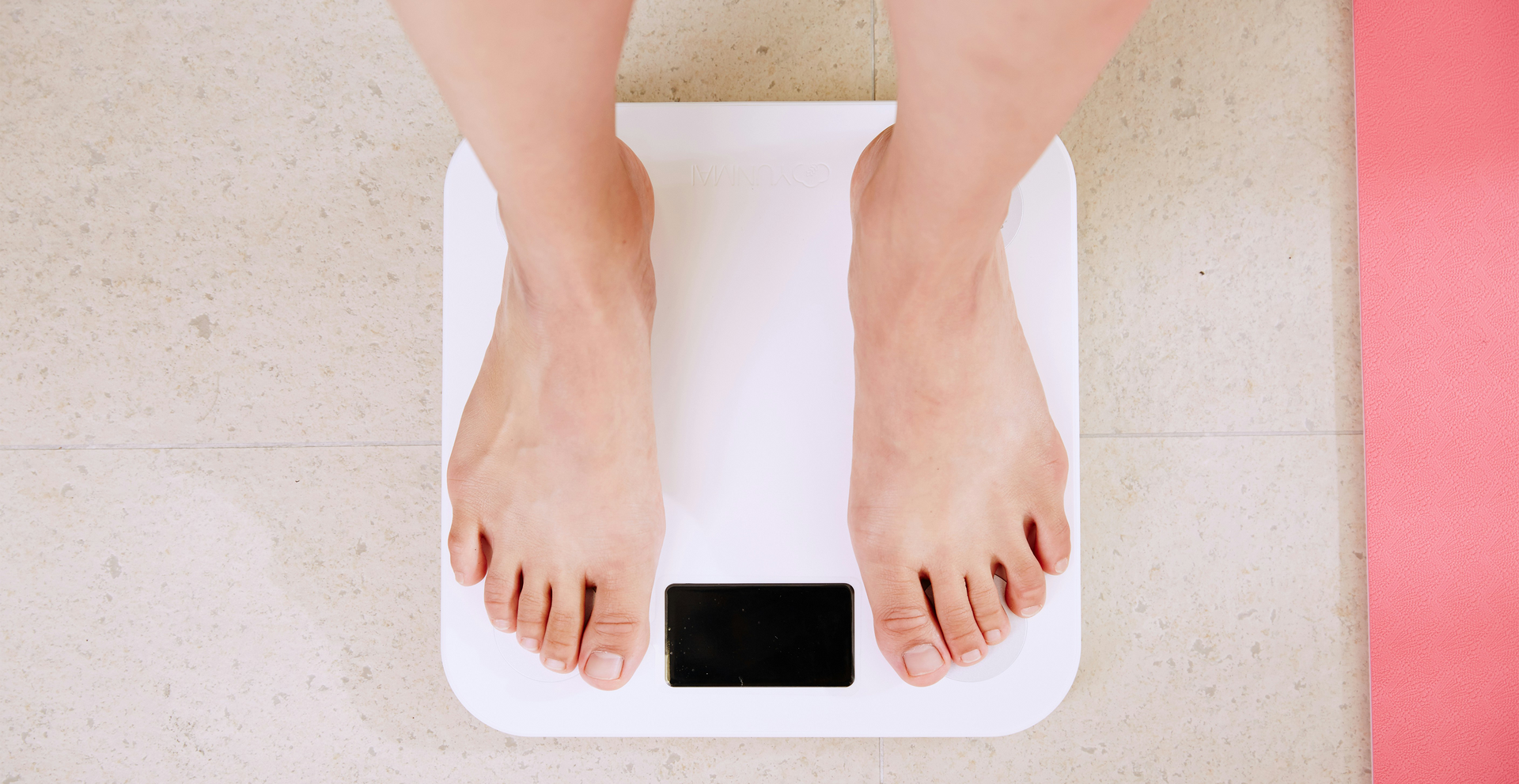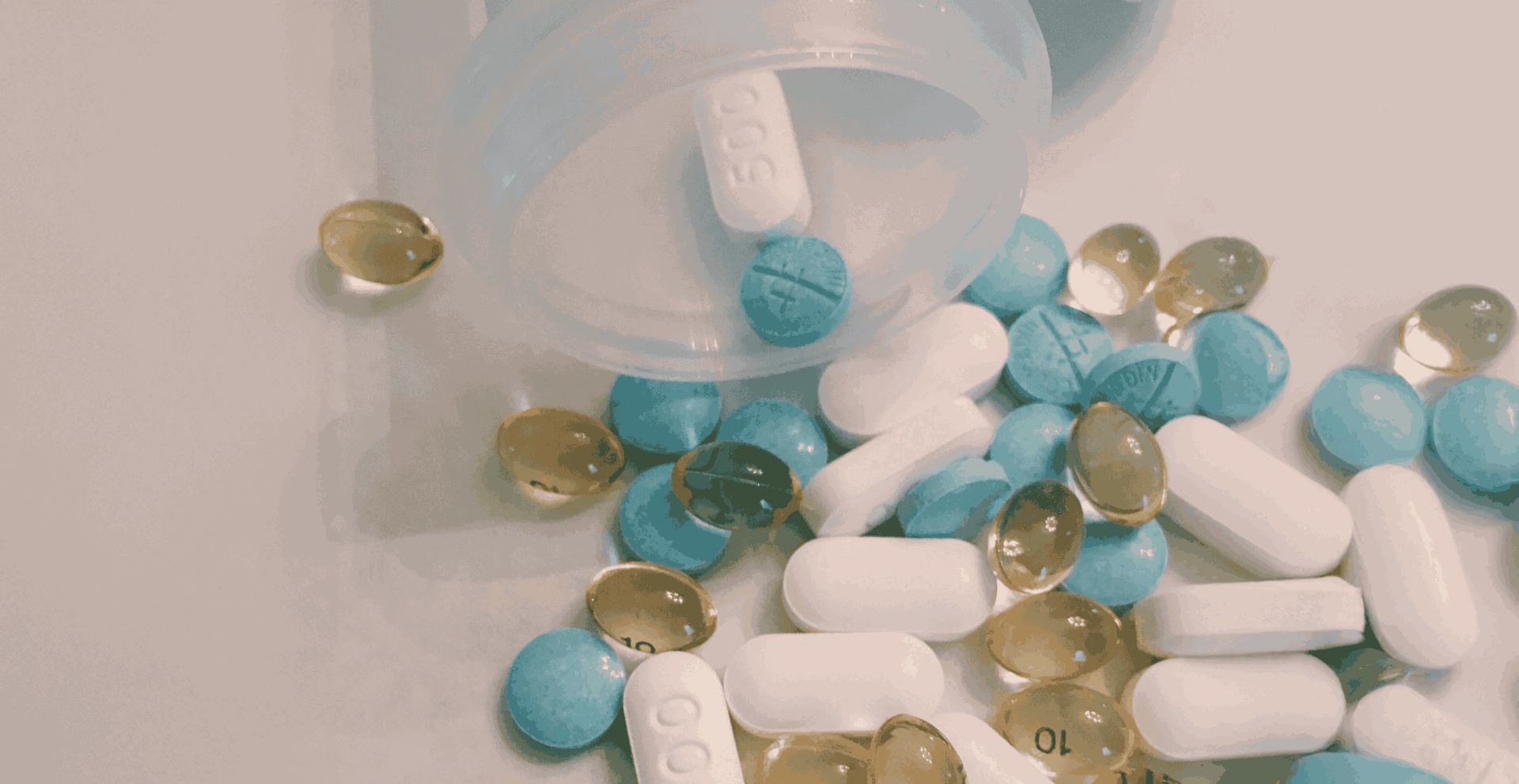Sleep Hygiene - Why Is It Important
Sleep is not just a time to rest; it’s a critical part of physical, emotional, and cognitive well-being. At Friendswood Psychiatry Clinic, we recognize sleep as a crucial component of wellness and offer sleep optimization services to assist you in improving daily living. This article will discuss the importance of sleep in physical and mental health and provide some essential tips on how to get better rest.
What is Sleep Hygiene?
Sleep hygiene refers to daily behaviors, environmental factors, and evening routines supporting deep, uninterrupted rest. Practicing these techniques can help you fall asleep more easily and stay asleep throughout the night.
Improving sleep hygiene isn’t just about adding new routines — it also means identifying and changing patterns that interfere with restful sleep. These disruptive behaviors may include:
- Going to bed at inconsistent times
- Using screens right before sleep
Consuming caffeine late in the day - Sleeping in a noisy, bright, or uncomfortable environment
How Sleep Hygiene Affects Health
Why Is Sleep Important for Physical Health?
Sleep is when your body restores itself. It supports physical function through several mechanisms, including:
- Cellular repair processes: During deep sleep, systems thatrepair DNA and protein synthesis are activated, helping to support optimal cellular functioning
- Clearing waste products from the brain: The brain’s glymphatic system becomes more active during sleep, which removes waste products and harmful toxins.
- Strengthening the immune system: Quality sleep enhances immune responses, helping your body fight infections. For instance, during sleep, there is anincrease in the production of cytokines, which are molecules that attract immune cells to a site of infection and activate their response.
- Regulates heart and blood pressure: Sleep helps regulate cardiovascular healthand blood pressure. During sleep, levels of the hormone cortisol decrease, reducing heart rate and blood pressure, allowing the heart muscle and blood vessels to rest and recover.
Why Is Sleep Important for Mental Health and Cognition?
A healthy mind also depends on healthy sleep. Here’s why:
- Overall brain health: Sleep allows the brain to rest and recalibrate, improving its overall functioning, including emotional regulation and cognition.
- Consolidating memories: Key information and experiences are transferred from short-term to long-term during sleep, helping establish memories and improving overall memory function.
- Recovering from stress: Sleep reduces cortisol levels, which helps reset your stress response system.
- Regulating emotions: Sleep helps to regulate emotions and decrease emotional stress related to adverse situations.
Chronic sleep deprivation is commonly associated with mental health disorders, including depression, anxiety, bipolar disorder, and suicidal ideation.
How to Improve Sleep Hygiene
Stick to a Consistent Sleep Schedule
The body runs on a circadian rhythm — a natural, internal process that regulates the sleep-wake cycle. Going to bed and waking up at the same time every day (even on weekends) supports that rhythm.
Disruptions to this schedule, such as staying up late on weekends or traveling across time zones, can throw off your sleep for days. A consistent routine helps stabilize your internal clock and makes falling asleep easier.
Some people use melatonin supplements to help reset their sleep cycle. Melatonin is a hormone the body naturally produces to signal when it’s time to sleep. While supplements can be helpful in the short term, relying on them long term may interfere with your body’s ability to regulate melatonin on its own.
Build a Relaxing Bedtime Routine
Creating a predictable, calming routine signals to your body that it’s time to wind down. Activities like these can help:
- Reading a book
- Doing something creative, like writing or drawing
- Taking a warm shower or bath
Doing light stretches or breathing exercises
A relaxing nighttime routine can ease you out of a busy day and transition your mind toward sleep.
Improve Your Sleep Environment
Your bedroom should support sleep, not stimulate your senses. Try these changes:
- Use blackout curtains to block out light
- Reduce noise with a white noise machine or earplugs
- Keep the room cool (around 65°F is ideal)
Also, make sure your mattress and pillows are comfortable and supportive. A well-designed bedroom setup for sleep contributes directly to better sleep at night naturally.
Reduce Screen Time Before Bed
Electronic screens emit blue light, which suppresses melatonin production and prevents sleep.
Avoid screens (phones, TVs, tablets) for at least 60 minutes before bed. If you need to use a device, consider turning on night mode or wearing blue light-blocking glasses.
Watch What You Eat and Drink Before Bed
What you consume in the hours before bed matters.
- Caffeine and sleep don’t mix — avoid coffee, tea, and caffeinated soda after mid-afternoon.
- Alcohol disturbs deep sleep cycles and prevents you from getting a proper rest.
- Heavy meals and sugar right before bed can cause indigestion and wakefulness. Choose bedtime snacks that promote relaxation, such as bananas, almonds, or peanut butter.
Exercise for Better Sleep
Regular physical activity supports deeper, more restful sleep.
- Moderate exercise improves sleep efficiency and total sleep time.
- Morning or afternoon workouts are ideal; intense evening sessions may be too stimulating for some people.
Physical activity also reduces stress and improves mood, making it one of the best all-natural sleep enhancers.
Reduce Stress to Sleep Better
Worry and tension are significant barriers to falling asleep. Try:
- Breathing exercises or guided meditation
- Writing in a journal to offload thoughts
There are many different sleep videos on YouTube, including breathwork, meditations, and guided hypnoses.
You can also do things to reduce stress during the day, as well as in the evening before bed. This includes spending more time outside in nature, connecting with loved ones, and reducing time on the internet.
Don’t Force Sleep
If you lie in bed wide awake for over 20 minutes, get up and do something calming. Forcing yourself to sleep often causes more anxiety.
Read a book in dim light, practice breathing exercises, or listen to soft music until you feel drowsy again. This approach helps reset your sleep drive without turning your bed into a source of stress.
Where to Get Help for Sleep Problems in Texas
If sleep issues persist despite your best efforts, professional support can help.
At Friendswood Psychiatry Clinic, we work with individuals to build a customized, evidence-based sleep hygiene plan. Our team can also make referrals to help identify physical causes of poor sleep, which we may be able to address with ourinnovative treatment programmes.
Want to explore a sleep plan that works for your life and needs? Contact our clinic today to schedule a consultation.
Key Takeaways
- Sleep hygiene is the foundation of healthy sleep and long-term health.
- Poor sleep impacts both physical health (heart, immune system, brain function) and mental well-being (mood, memory, emotional regulation).
- Consistency, calming routines, and an optimal environment all contribute to better sleep.
- Blue light, caffeine, stress, and late-night meals are common barriers to restful sleep.
- Friendswood Psychiatry Clinic offers support for building sleep hygiene routines and referrals when deeper issues are involved.

HELPFUL LINKS
SCHEDULE A CONSULTATION
It's important to know that you are not alone. You can get help with depression today!
WE SUPPORT MENTAL WELLNESS
- Depression
- Anxiety
- ADHD
- OCD
- Adjustment Disorders
- Life Transitions
- Autism Management
- Binge Eating Disorders
- Smoking Cessation







